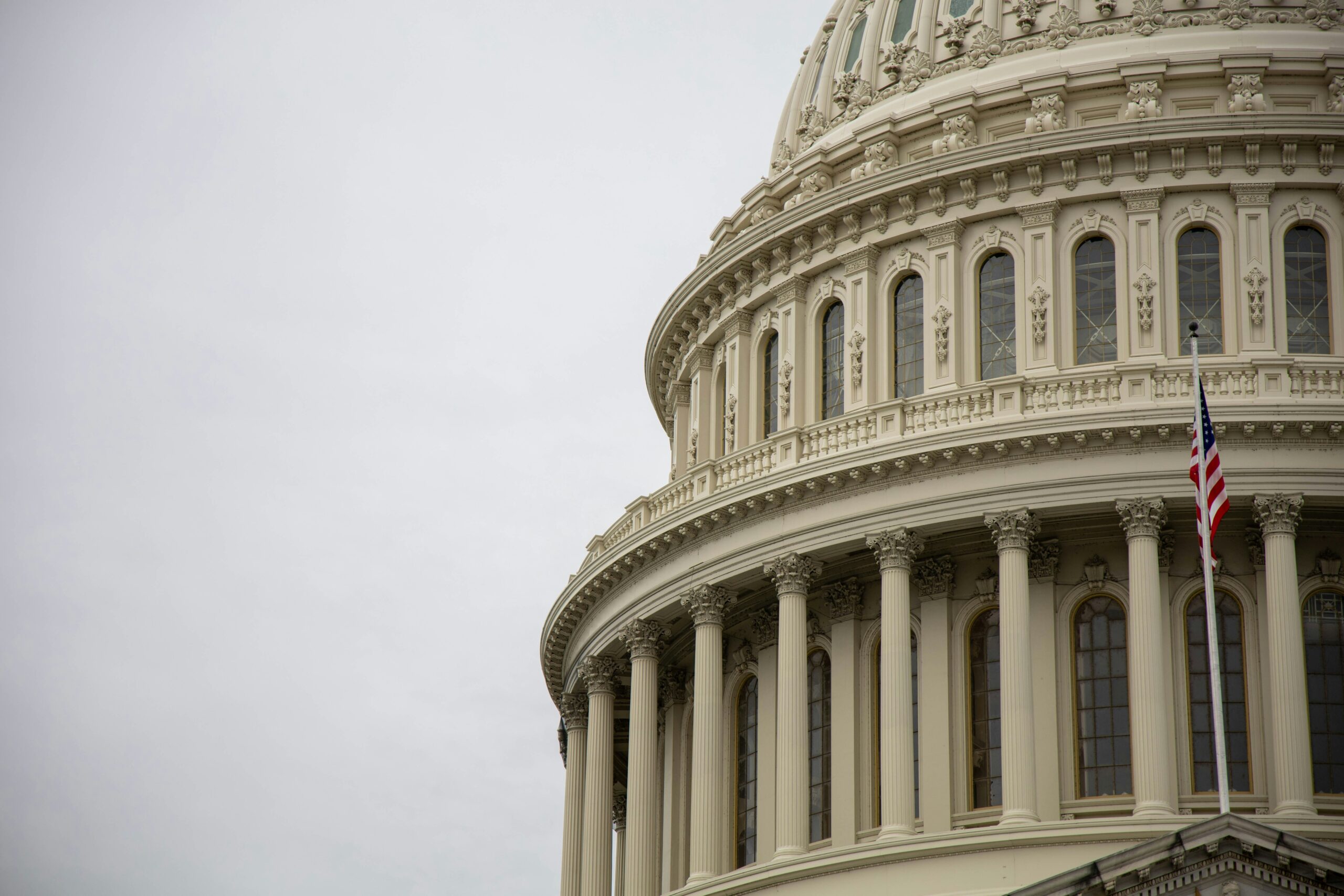How Gov’t Attys Can Prepare For A Private Sector Job Search

By Alison Knezevich
As the Trump administration slashes the federal workforce, recruiters in the nation's capital say they've never seen more interest from government lawyers looking to make the jump to private practice — but navigating the market can be challenging for those who have built their careers in the public sector.
Legal recruiters and other industry experts in Washington, D.C., say it's a shift that requires examining your skill set, adopting a business mindset, and more.
Here are some of the tips they offered for government attorneys who are considering moving to law firms.
Examine Your Skills to Highlight Your Value
Jeffrey Lowe, the D.C. market president for CenterPeak LLC, suggests critically examining your skill set and determining how it matches up with the needs of the private sector.
"Someone might be the leading authority on a very obscure area of patent law, and while they might be the best person in the world at it, it might not be the kind of thing that a large law firm will do," said Lowe, who recently held webinars for government attorneys on how to approach the private market.
"So spending time talking about that or highlighting that in a résumé or business plan would be counterproductive for them, because it won't translate into private sector experience."
Articulating the value your government background brings to a firm's clients is crucial, said executive consultant Steve Nelson of The McCormick Group. Someone with a cybersecurity law background, for example, needs to be able to show why that's important to a client base.
Another part of the challenge in marketing oneself to a broader array of potential employers, Nelson said, is making the transition "from being a really top-notch lawyer to being someone who can attract and retain clients."
Get Into a Business Mindset
Thinking like a businessperson, however, can be a significant mindset shift for government lawyers, experts say.
Rachel Nonaka, a partner with recruiting firm Macrae, said recruiters at her firm help partner-level candidates with business planning that touches upon topics such as the transfer of their government skill sets, cross-selling, referral networks, and raising profiles in front of their future client base.
"We spend tons of time helping our candidates write business plans and think about how they would transition their experience in government to being lucrative at a law firm and building an accretive practice where they are able to generate work," she said.
The challenges go beyond attracting clients, said Kaitlin McGee of the D.C. Bar Practice Management Advisory Service, which offers free and confidential advice for lawyers on how to start, run and grow their own practices.
"There's also the idea of thinking of the legal work as a service that you would charge money for, that doesn't exist in the government," McGee said.
McGee and fellow practice management adviser Daniel Mills teach a two-day Basic Training and Beyond course every month, which covers a wide range of issues related to starting a new firm. The advisory service also provides courses on topics such as managing the financial aspects of bringing on a new client, as well as individual consultations for lawyers interested in launching a firm.
"A lot of lawyers who do work in a larger firm or in a government situation, they're used to having a structure around them, and when they leave, that just kind of evaporates," McGee said.
Understand Ethics Rules
It's critically important for government lawyers to understand their ethical obligations when looking for private employment, Lowe said.
They're frequently involved in the same matters as the law firms where they're interested in working, so conflicts of interest can arise.
"I always tell every government attorney I work with that the first thing they should do is consult with their [agency's] ethics officer to confirm the proper way to go about a private sector search," Lowe said.
Reach Out for Help
Law schools' career offices are a rich resource for alumni, said Amy Savage, a partner with search firm Garrison.
"Offices of career services can help them with every stage," from polishing a résumé and compiling a list of representative cases to preparing for interviews, she said.
Savage also noted that many law schools have reciprocity policies that allow graduates of other schools access to career resources. Reciprocity rules vary by school, according to the National Association for Law Placement.
There's also been an outpouring of support for government attorneys who have lost their jobs, with many in the legal industry offering to help review résumés and connect people with job opportunities.
After President Donald Trump's hiring freeze led federal agencies to yank job and internship offers that had been made to law students, a number of law firms, state agencies and nonprofits encouraged them to apply with them instead.
Be Patient
Recruiters tell Law360 Pulse that firms are taking their time making hiring decisions amid the unprecedented level of interest from government lawyers.
Job candidates might find that firms have more openings and more time to review their applications if they take their time before tossing their hat in the ring, Nonaka said. Waiting it out offers an added benefit in giving attorneys time to gain insights into the new administration's priorities, allowing them to "better position themselves" as being able to advise clients.
For those who can't stay or have lost their jobs, Nonaka advises casting a wide net in terms of the opportunities they're seeking — and then having "patience in the process, because it is just taking longer than normal."
Read the full post at law360.com
© 2025, Portfolio Media, Inc.
Additional Post




